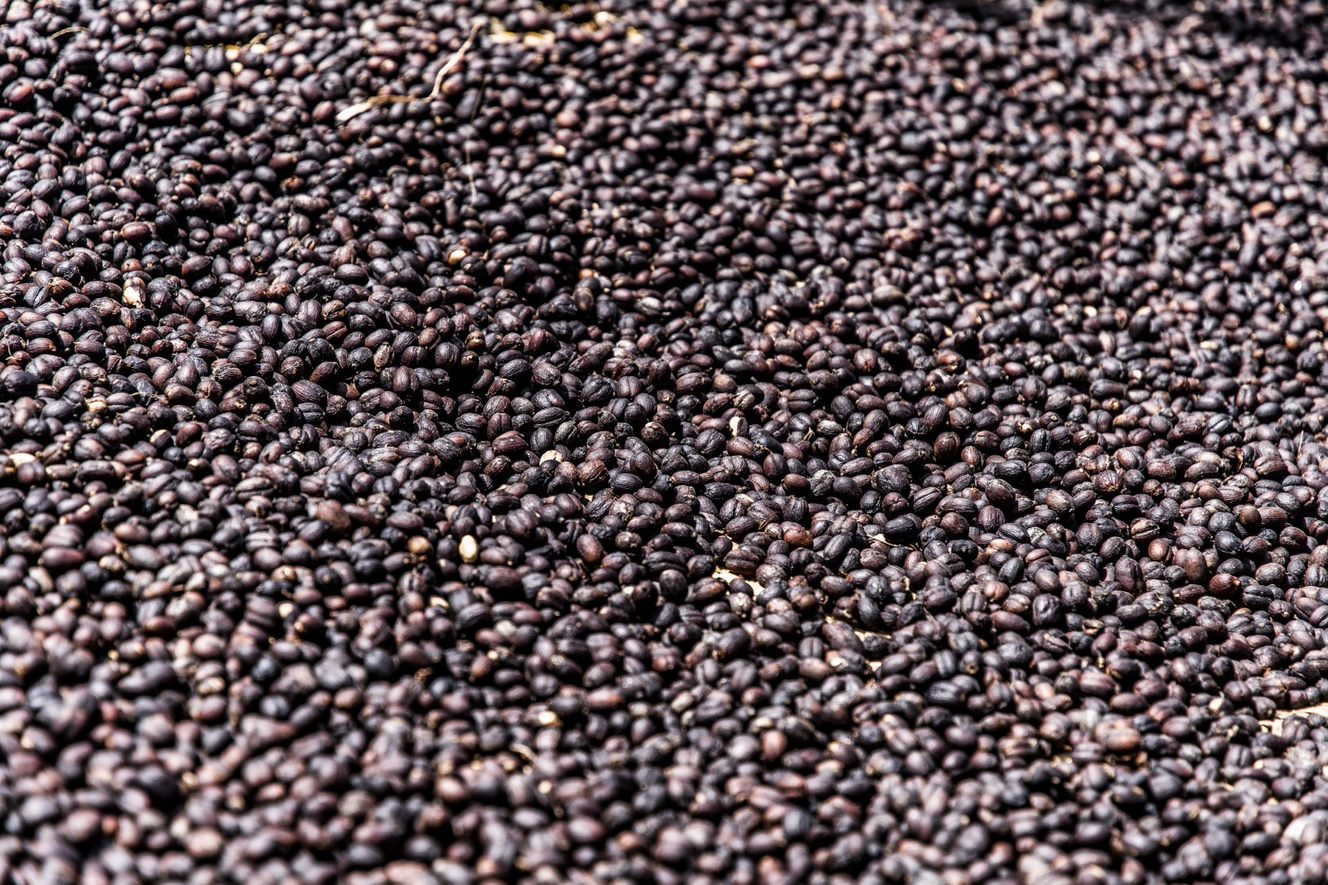German Retailers Working Group on Living Income and Living Wages

Producers in global supply chains are to be enabled to earn living wages and incomes. This is the goal set by the German Retailers Working Group on Living Income and Living Wages.
At the 2020 International Green Week, the German retailers ALDI Nord, ALDI Süd, dm-drogerie markt, Kaufland and REWE Group signed a joint voluntary commitment, thereby undertaking to actively work towards developing and implementing responsible business practices in their global supply chains. By pooling their resources and coordinating their activities – both within the working group itself and with other initiatives – everyone works together to exert maximum leverage to ensure living wages and incomes.
So-called living wages and incomes make a significant contribution to combatting poverty, promoting humane working conditions and abolishing child and forced labour. In addition, they increase the appeal of agriculture as an employment sector for generations to come, thereby securing the future supply of raw materials.
Common operational framework for achieving this goal
The working group has defined the following operational framework for its activities, which are initially being implemented in the form of a joint project in the banana sector:
If you have any questions about the German Retail Working Group or the Living Wage Project in the banana sector, please contact: Nina Kuppetz, nina.kuppetz(at)giz.de
Grupo de Trabajo de Minoristas Alemanes sobre Ingresos Dignos y Salarios Dignos

Las y los productores de las cadenas de suministro globales deben poder alcanzar salarios e ingresos dignos. Este es el objetivo que se marcó el grupo de trabajo del comercio minorista alemán sobre ingresos y salarios dignos.
Con la firma de un compromiso voluntario conjunto en la Semana verde Internacional de 2020, los minoristas alemanes ALDI Nord, ALDI Süd, dm-drogerie markt, Kaufland y REWE Group se comprometieron a trabajar activamente en el desarrollo e implementación de prácticas comerciales responsables en sus cadenas de suministro globales. Al unificar las fuerzas y acordar sus enfoques de acción -tanto dentro del grupo de trabajo como con las iniciativas ya existentes- se logra una acción conjunta para dar el mayor impulso posible a la obtención de ingresos y salarios vitales.
Los llamados «salarios dignos» e «ingresos dignos» contribuyen considerablemente a combatir la pobreza, fomentar las condiciones dignas de trabajo y terminar con el trabajo infantil y forzado. Además, aumentan el interés por la agricultura como sector de empleo para las próximas generaciones y garantizan así el suministro futuro de materias primas.
Marco de acción conjunto para alcanzar los objetivos
El grupo de trabajo definió el siguiente marco de acción que será implementado por primera vez como un proyecto conjunto en el sector del banano:
En caso de consultas sobre el grupo de trabajo del comercio minorista alemán o sobre el proyecto de salarios dignos en el sector del banano, diríjase a: Nina Kuppetz, nina.kuppetz(at)giz.de




